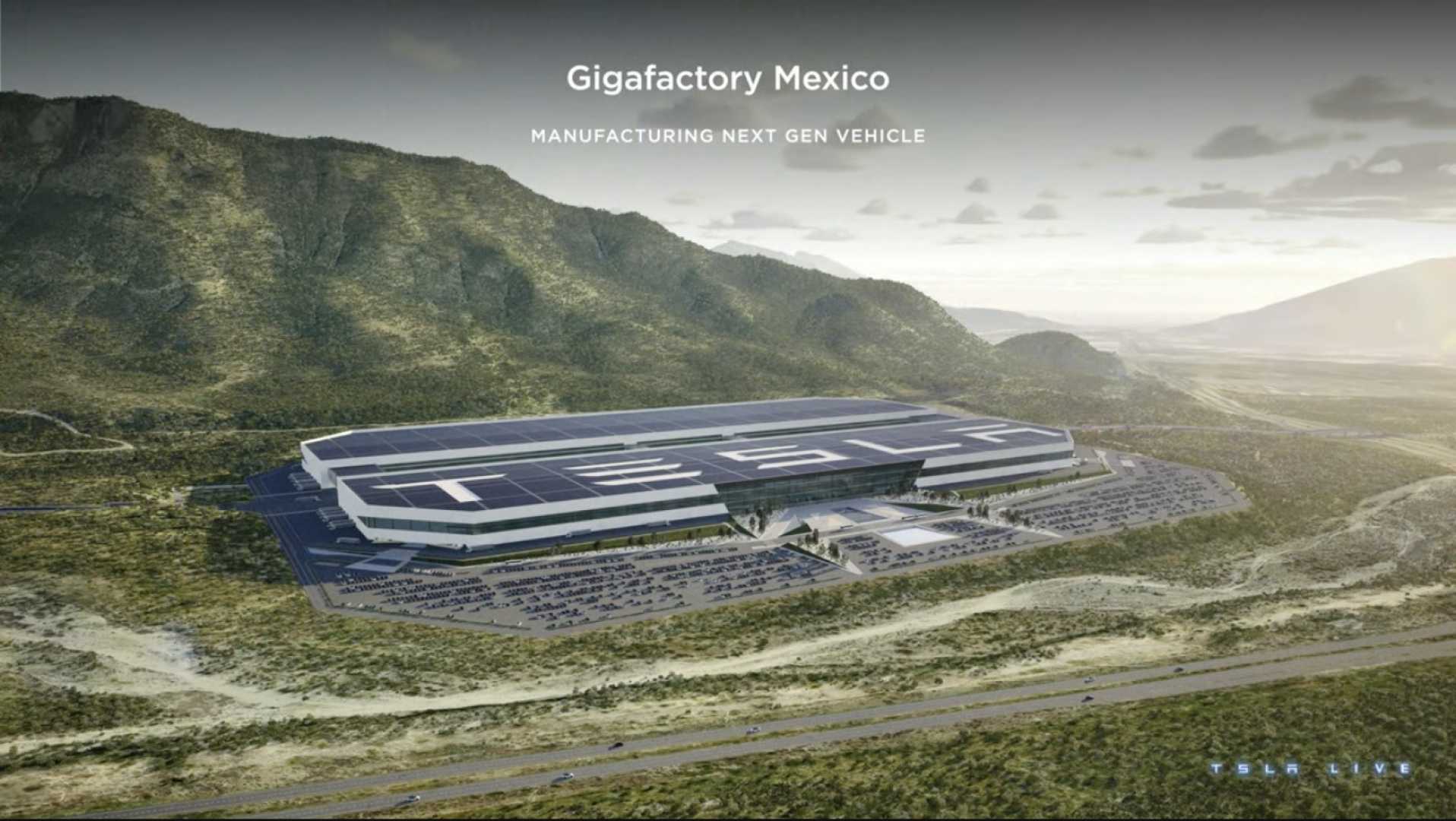Business
Tesla’s Future in a Post-Subsidy World and Potential Political Impacts

It is widely recognized that former President Donald Trump holds significant admiration for Elon Musk, the CEO of Tesla and SpaceX. This mutual respect is not only personal but also political, as Musk’s substantial following could potentially influence voter demographics. Despite their expressed mutual regard, it is the current Biden Administration that has introduced policies ultimately benefiting Tesla. These include significant incentives for electric vehicles (EVs), most notably the $7,500 tax credit for U.S.-manufactured EVs, alongside lifting the previous eligibility limit of 200,000 vehicles – restrictions which previously impacted Tesla. Meanwhile, the Republican Party, including Trump, opposes federal subsidies for EVs, advocating instead for a free-market approach. Trump has stated he intends to remove federal electric vehicle mandates immediately if elected. However, Musk and Tesla appear to be assessing that the company could potentially flourish under a Trump presidency, despite regulatory shifts anticipated under a Democratic administration.
Tesla’s ability to thrive without the benefit of subsidies is attributed to its position as one of the lowest-cost producers in the EV market. The company has systematically controlled its costs across research, development, and administrative expenses, maintaining profitability even under adverse market conditions. Tesla has heavily integrated operations by controlling a majority of its supply chain from battery production to software development. Furthermore, its Gigafactories significantly enhance cost efficiency through economies of scale. Adding to its advantages, the company relies minimally on advertising expenditures. Tesla’s recent 7% adjusted profit margin underscores its resilience; in comparison, the fiscal year 2022 reflected a 17% margin when market conditions were more favorable.
In a competitive market environment devoid of subsidies, Tesla’s low-cost structure potentially positions it to outperform less efficient competitors. The financial difficulties of Rivian, another EV manufacturer, highlight this. Despite its appealing vehicle lineup, Rivian has faced substantial financial losses, estimated at around $1.4 billion per quarter of late. Traditional automakers like General Motors (GM) and Ford, who have yet to achieve cost efficiency in their EV operations, might also face challenges without government support. GM, for example, only managed to sell 22,000 EVs in the second quarter of 2024 out of approximately 696,000 total vehicles, reflecting the stark challenge of scaling EV product lines profitably.
Additionally, Trump’s proposed trade policies could offer Tesla a competitive advantage against Chinese manufacturers. The U.S. has already subjected Chinese EVs to a 100% tariff, and Trump has suggested increasing this to a 200% tariff on vehicles built in Mexico and imported to the U.S. This would impose considerable challenges for Chinese automakers aspiring to enter the U.S. market, despite Trump’s invitation for them to establish factories domestically. Many Chinese EV companies, often operating at losses and dependent on favorable government policies, may find it unviable to relocate manufacturing operations, compounded by higher labor costs overseas.
Despite anticipated policy shifts under a potential Trump administration, Tesla’s energy segment, including its battery business, remains well-positioned. The renewables sector is set to expand fueled by economic competitiveness and environmental demands, mitigating reliance on governmental support. According to forecasts by the International Energy Agency (IEA), global renewable capacity could expand significantly by 2030. Tesla’s energy division continues to grow, underscored by a record deployment of 9.4 gigawatt-hours (GWh) of storage solutions last quarter. Products such as the Megapack and Powerwall demonstrate Tesla’s competitive edge in energy density, cost, and integration, supported by significant investment in manufacturing capability.
Nonetheless, investors keep a close watch on broader economic conditions, particularly with the potential for another economic downturn. Analysts are cautious concerning the impact of any recession on financial markets and businesses, evaluating how leading stocks have previously responded to economic crises.












